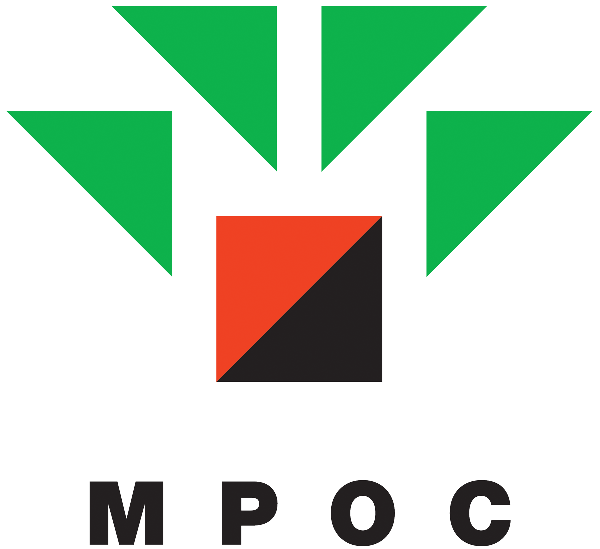
PETALING JAYA: Rising risks to palm oil supply could help support crude palm oil (CPO) prices moving forward, says CIMB Securities Research.
In a note to clients, the research house said structural issues – such as ageing estates, weak replanting efforts, and stagnant yields – imply limited upside to Malaysia’s palm oil supply growth in the coming years.
“This tightening supply outlook, combined with resilient demand, should underpin CPO prices,” it added.
Larger plantation players such as FGV Holdings Bhd, SD Guthrie Bhd, Kuala Lumpur Kepong Bhd and IOI Corp Bhd have maintained their replanting discipline, while others delayed their replanting owing to cash flow and dividend pressures.
“Beneficiaries of the tight supply environment will be those that consistently invest in replanting and yield improvement, positioning them to sustain output and capture price upside,” the research house said.
In this space, CIMB Securities Research said it likes IOI Corp, Ta Ann Holdings Bhd and SD Guthrie, which have been replanting in line with the national target of 4%.
During a recent meeting with the Malaysian Palm Oil Board to discuss productivity constraints and rising biological threats in the local palm oil industry, the research house noted that yield stagnation stems mainly from harvester shortages, weak fertiliser practices, ageing estates, poor management and climate change.
Outbreaks of Ganoderma disease and mealybugs have further added to downside risks.
With no new planting allowed under Malaysian Sustainable Palm Oil (MSPO) certification rules, future output growth will depend on disciplined replanting, improvements in agriculture practices, and the adoption of new technologies.
“Hence, lower palm oil supply growth should support CPO prices, benefitting players like SD Guthrie, Ta Ann and IOI Corp that consistently replant to sustain or raise fresh fruit bunches (FFB) yields,” it noted.
Malaysia’s average FFB yield stood at 16.7 tonnes per hectare (ha) and CPO yield at 3.28 tonnes/ha in 2024, well below the potential yields of 29.56 tonnes/ha (CPO yield of 6.22 tonnes/ha) achieved by United Plantations Bhd.
CIMB Securities Research also highlighted weaker palm oil exports in the first eight months of 2025, which fell 10.6% year-on-year. Kenya has emerged as a major importer, owing to duty advantages, while the Philippines is boosting palm oil imports amid a shortage of coconut oil.
This reflects both greater diversification and heightened competition risks.
Another challenge is the push to increase biodiesel usage from B10 to B20. However, Malaysia’s biodiesel mandate remains capped at B10.
“Scaling up to B20 would incur high infrastructure costs (RM643mil) and a heavier subsidy burden,” said CIMB Securities Research.
The research house explained that at current elevated CPO prices, scaling up would further inflate biodiesel and cooking oil subsidies, making such expansion economically unattractive.
Unlike Indonesia, which funds its biodiesel programme through a CPO fund, Malaysia relies on government subsidies – creating a structural disadvantage.
In addition, Malaysia’s planted oil palm area peaked at 5.9 million ha in 2019, but has since declined by 5% to 5.6 million ha by end-2024, reflecting replanting preparations and land conversion to alternative crops and non-agricultural development.
With new planting banned since December 2019 under MSPO rules, CIMB Securities Research noted that future production growth will depend entirely on replanting efforts and yield improvements.
Source: The Star





